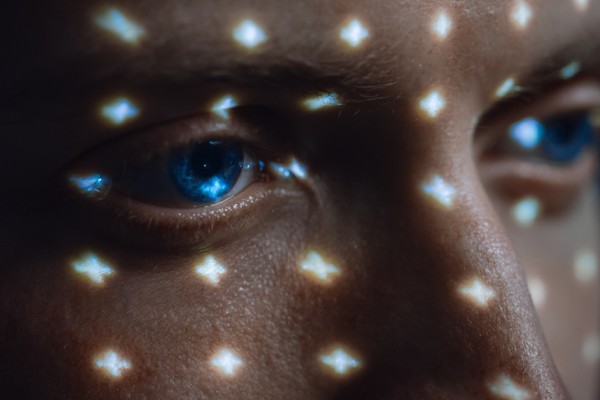Book review: Your Face Belongs to Us by Kashmir Hill
21/09/2023 | The Guardian
In a new book, Kashmir Hill explores the growing issue of facial recognition technology and its impact on our privacy. With the rise of machine learning, cloud computing, and the prevalence of smartphones and social media, facial recognition has become increasingly accurate and widespread. However, this technology also poses significant risks, particularly in terms of potential abuse by stalkers and governments. While there are some potential benefits to immediate facial recognition, such as locating missing persons or identifying criminals, the potential for harm is equally significant. Hill's book raises important questions about the future of facial recognition technology and its impact on our privacy and safety.

What is this page?
You are reading a summary article on the Privacy Newsfeed, a free resource for DPOs and other professionals with privacy or data protection responsibilities helping them stay informed of industry news all in one place. The information here is a brief snippet relating to a single piece of original content or several articles about a common topic or thread. The main contributor is listed in the top left-hand corner, just beneath the article title.
The Privacy Newsfeed monitors over 300 global publications, of which more than 6,250 summary articles have been posted to the online archive dating back to the beginning of 2020. A weekly roundup is available by email every Friday.

